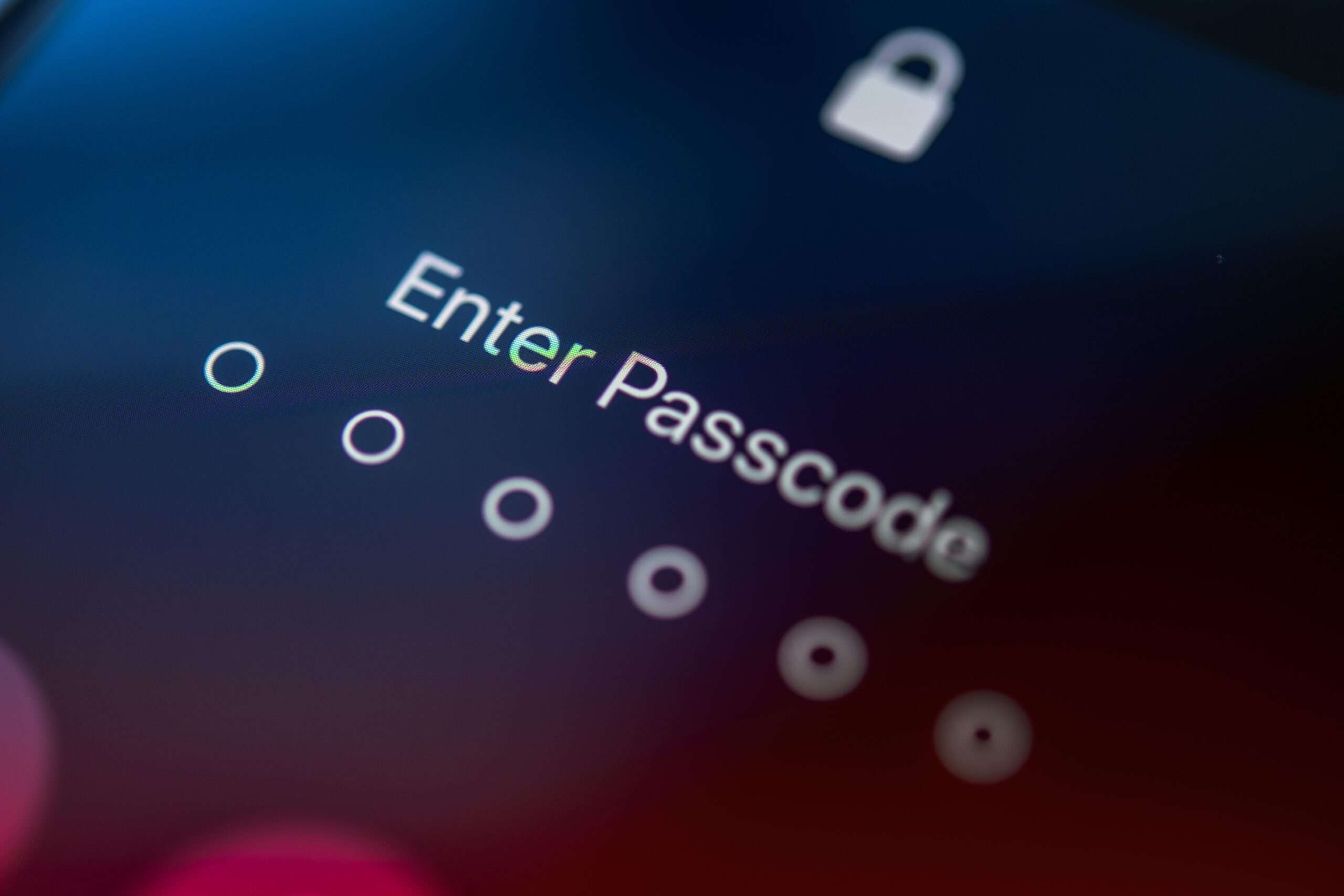A recent update to the iPhone operating system has significantly increased the difficulty for snoops, including those in law enforcement, to access people’s phones.
You are reading Sex & Tech, the newsletter from Elizabeth Nolan Brown on sex, technology, bodily autonomy, law, and online culture. Want more on sex, technology, and the law? Subscribe to Sex & Tech. It’s free and you can unsubscribe any time.
Cops Locked Out
404 Media first reported on this phenomenon last week, in a story headlined “Police Freak Out at iPhones Mysteriously Rebooting Themselves, Locking Cops Out.” Detroit police found iPhones rebooting themselves, making them harder to unlock for forensic examination.
The document explains that iPhones are rebooting after being removed from a cellular network, which hinders forensic examination.
Experts confirm that Apple intentionally introduced this feature in the new iOS 18.1, making it challenging for unauthorized access to the device.
‘A Cheap and Great Mitigation’
Researcher Jiska Classen from Germany’s Hasso Plattner Institute discovered an “inactivity reboot” code in Apple’s new iOS 18.1, which reboots the iPhone after four days of inactivity, protecting user data from theft and unauthorized access.
The inactivity reboot feature aims to prevent unauthorized access to iPhone data, making it more secure against theft and unauthorized access attempts.
This update is a significant step towards safeguarding user data and privacy from unauthorized access, benefiting users in various situations.
Come Back With a Warrant
While some express concerns about this update hindering police investigations, law enforcement can still access certain data with proper warrants and permissions, ensuring due process and accountability.
The inactivity reboot feature enhances user privacy and data security, limiting unauthorized access without the required permissions and probable cause.
Overall, the update serves as a positive development for user data protection and privacy rights in the digital age.
More Sex & Tech News
• Meta CEO Mark Zuckerberg avoids personal liability in lawsuits alleging addictive practices targeting children, as a U.S. judge rules in favor of dismissing Zuckerberg as an individual defendant.
• The Studies Show podcast explores the impact of smartphones on youth mental health, offering a critical examination of the perceived crisis.
• Australia’s states and territories unanimously support a national plan to restrict social media access for children under 16, aiming to enhance online safety for minors.
Today’s Image





